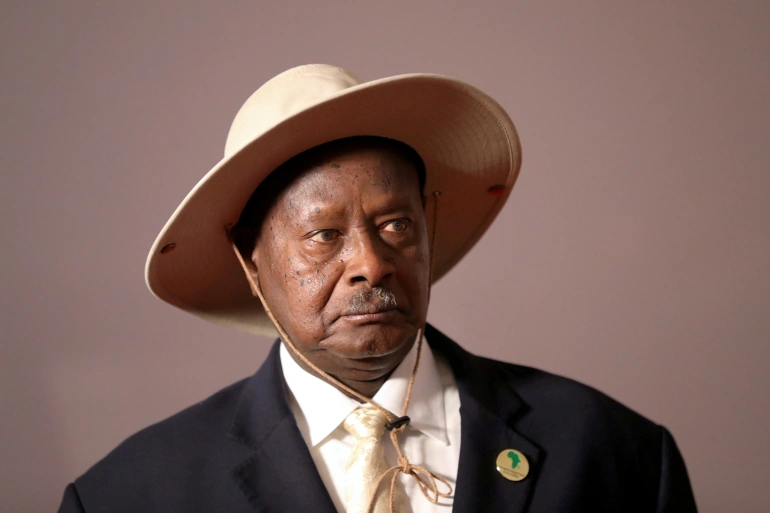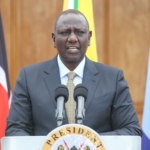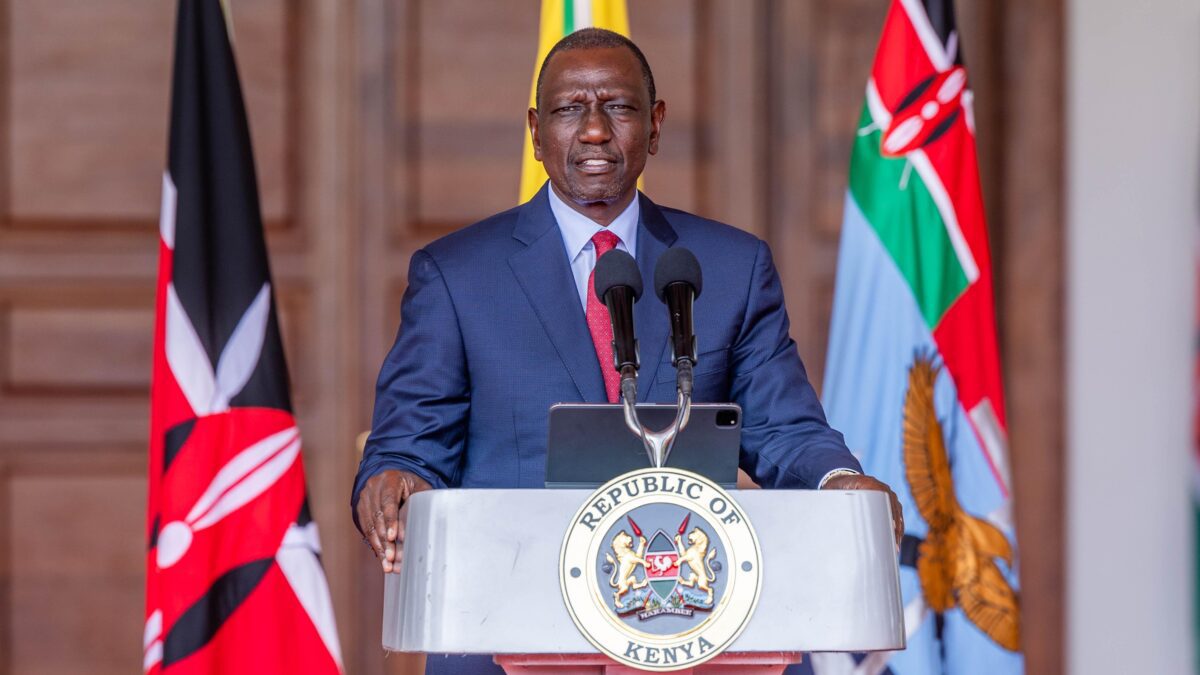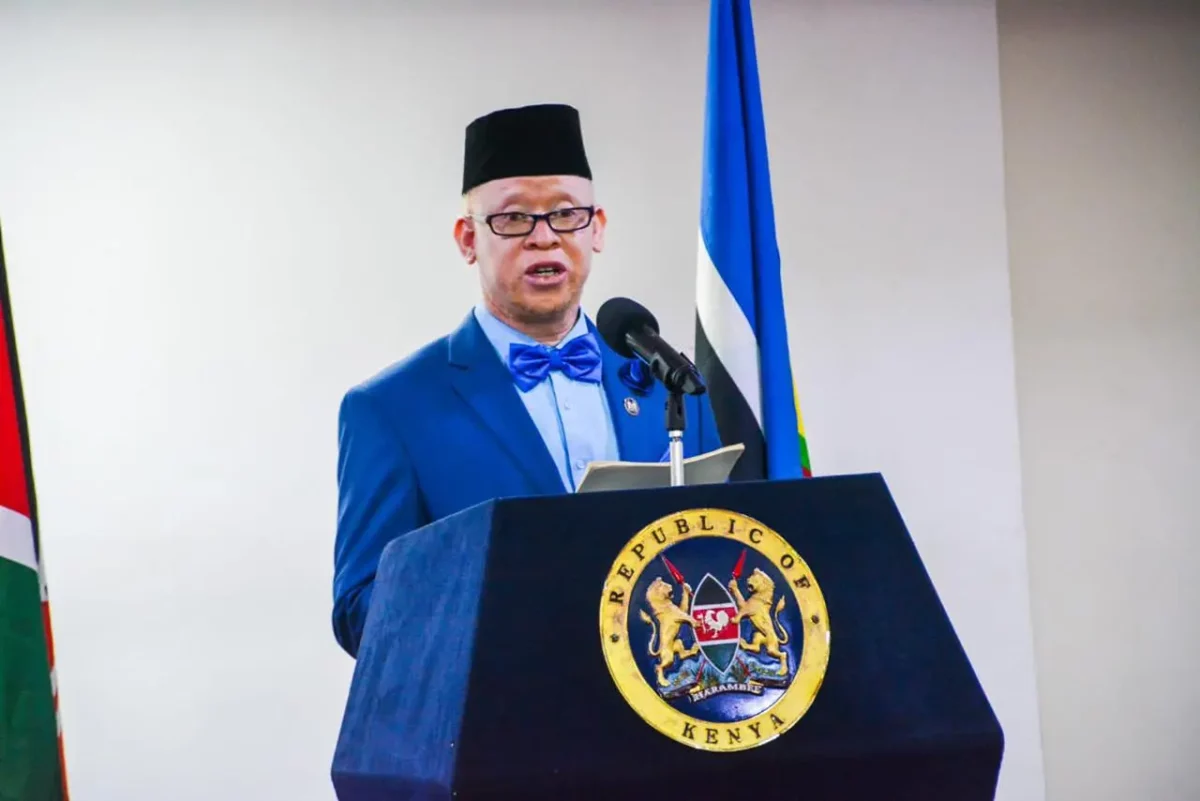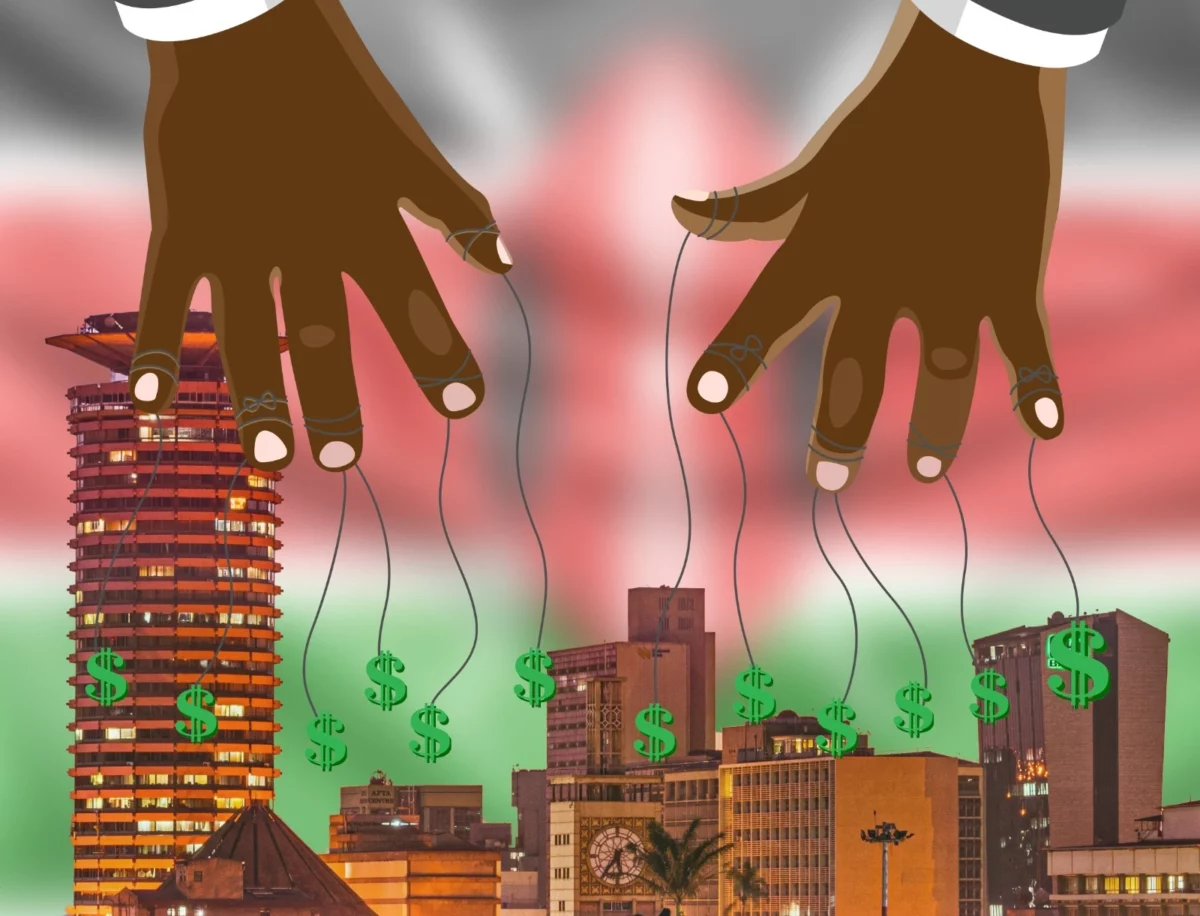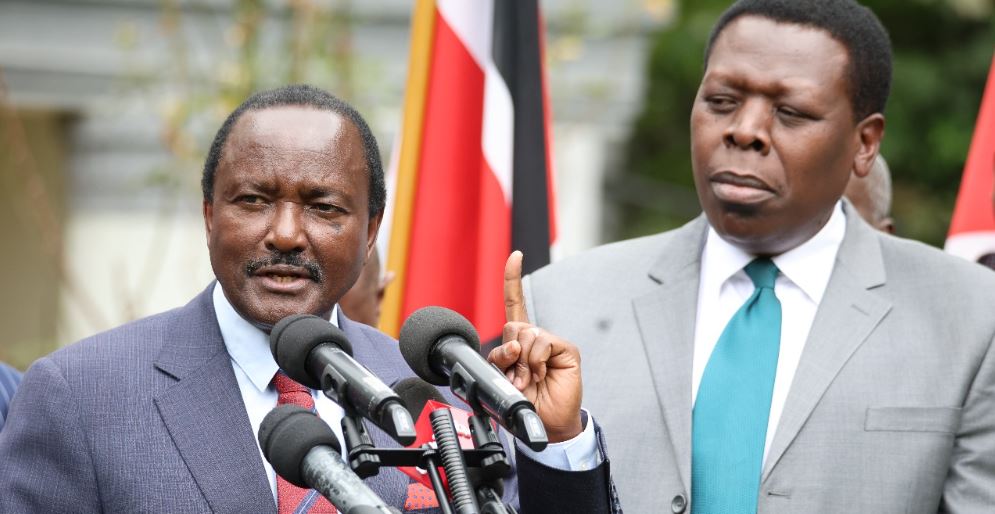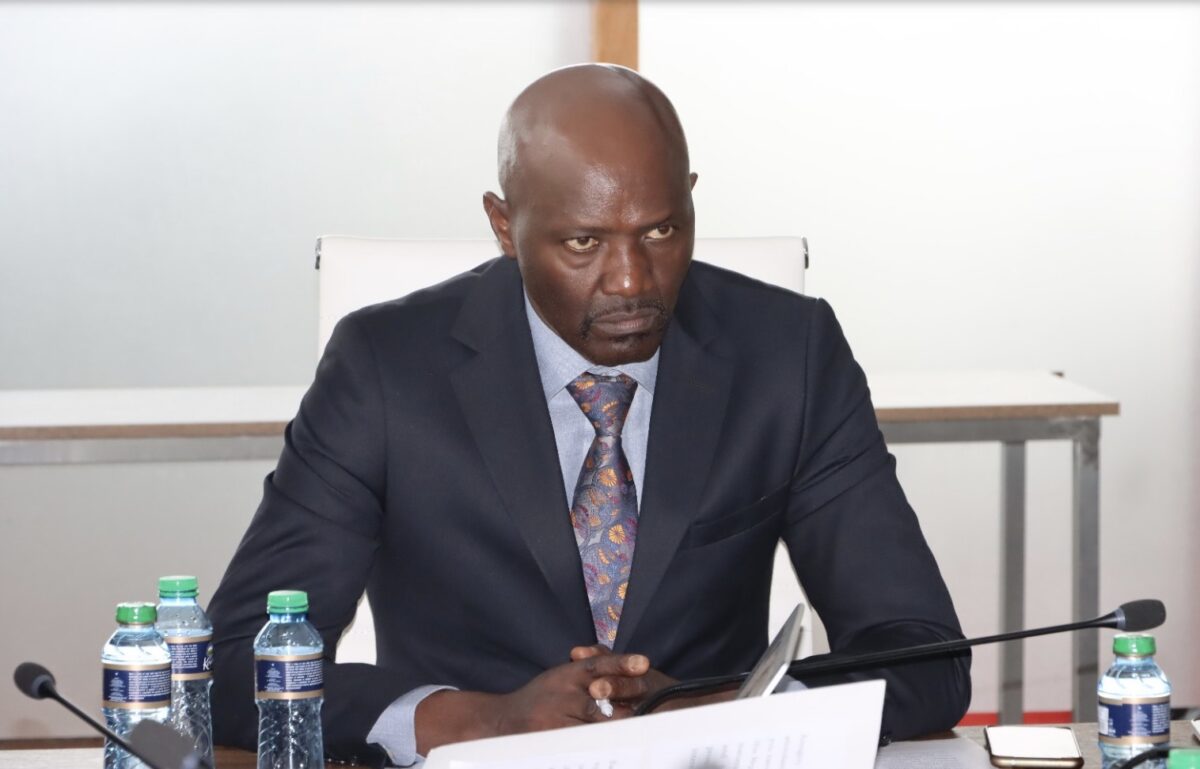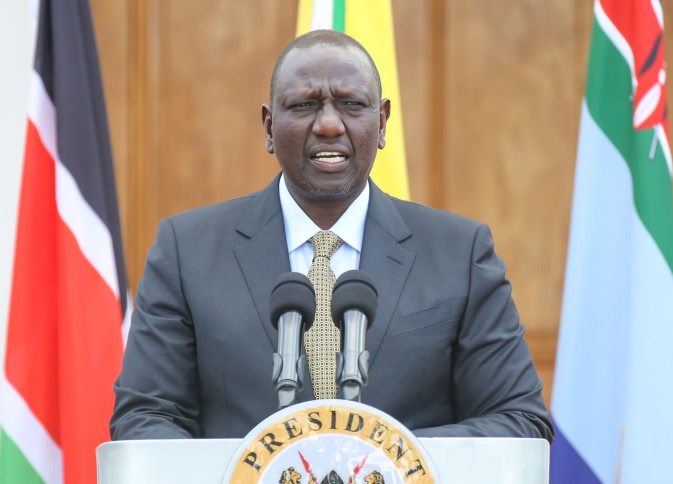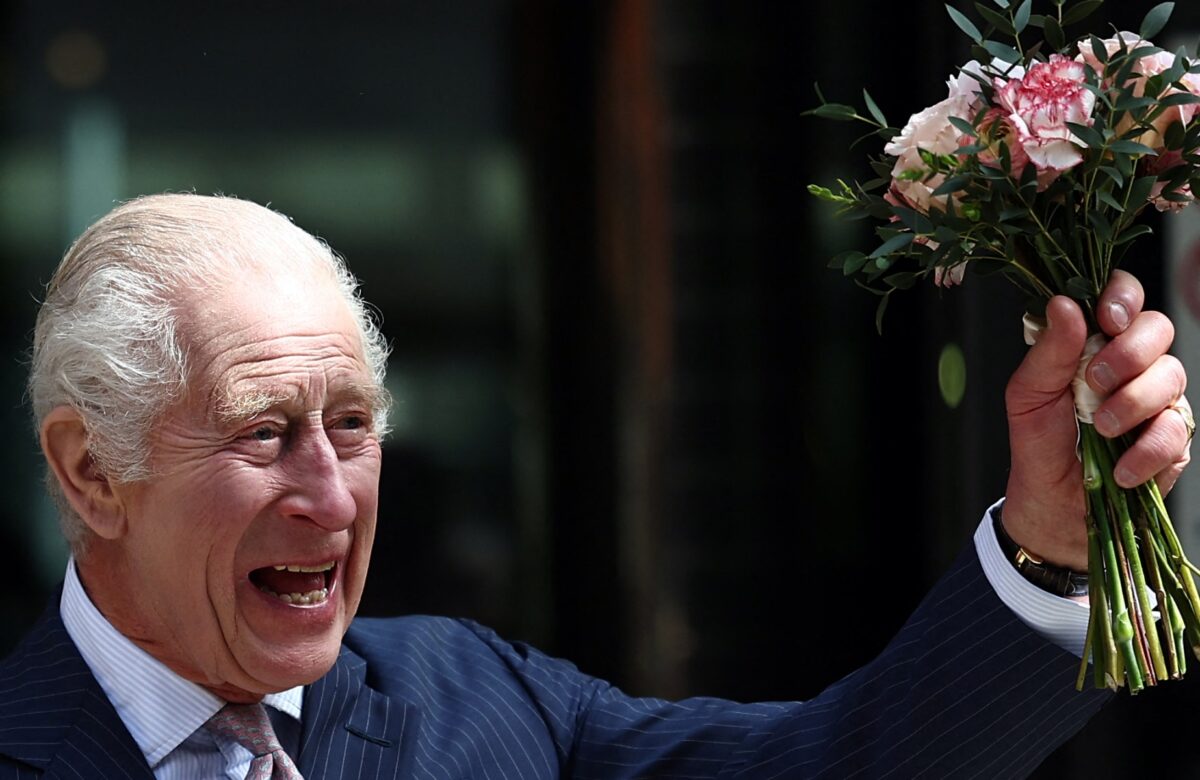Uganda’s recent passing of a stringent anti-homosexuality law has ignited international outrage, leading to condemnations and threats of sanctions from key Western nations.
The legislation, signed into law by President Yoweri Museveni, introduces severe penalties, including the death penalty, for what is termed “aggravated homosexuality.” This move has sparked concerns over human rights abuses and prompted discussions about the potential consequences for Uganda’s international relationships.
The British government has expressed strong opposition to the law, with Andrew Mitchell, a minister in the foreign office department, calling it “deeply discriminatory” and stating that it undermines the protections and freedoms enshrined in Uganda’s Constitution.
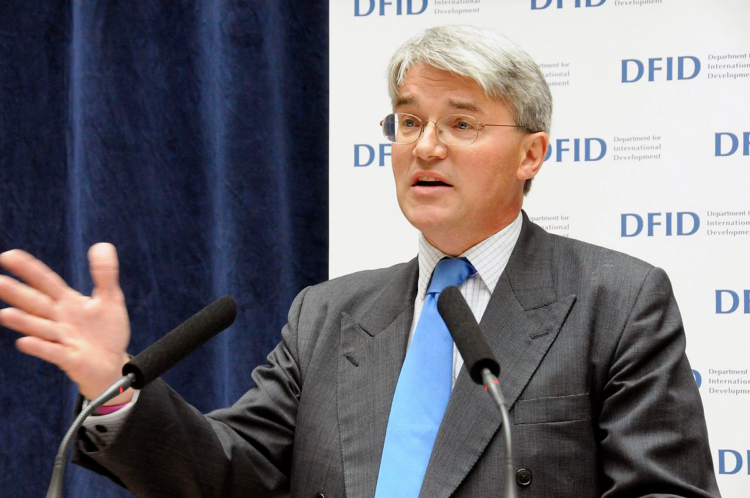
Mitchell stated, “This legislation undermines the protections and freedoms of all Ugandans enshrined in the Ugandan Constitution. It will increase the risk of violence, discrimination, and persecution, will set back the fight against HIV/AIDS, and will damage Uganda’s international reputation.”
Similarly, the United States has joined in condemning the new law, with President Joe Biden issuing a scathing statement. He described the enactment as a “shameful act” and expressed concerns about Uganda’s alarming trend of human rights abuses and corruption.
President Biden said, “This shameful Act is the latest development in an alarming trend of human rights abuses and corruption in Uganda. My Administration will also incorporate the impacts of the law into our review of Uganda’s eligibility for the African Growth and Opportunity Act (AGOA).”
Read also: Julius Malema protests, countering Uganda’s anti-gay bill
President Biden has directed the White House National Security Council to evaluate the implications of the law on various aspects of U.S. engagement with Uganda, including the provision of services under the U.S. President’s Emergency Plan for AIDS Relief (PEPFAR) and other forms of assistance and investments.
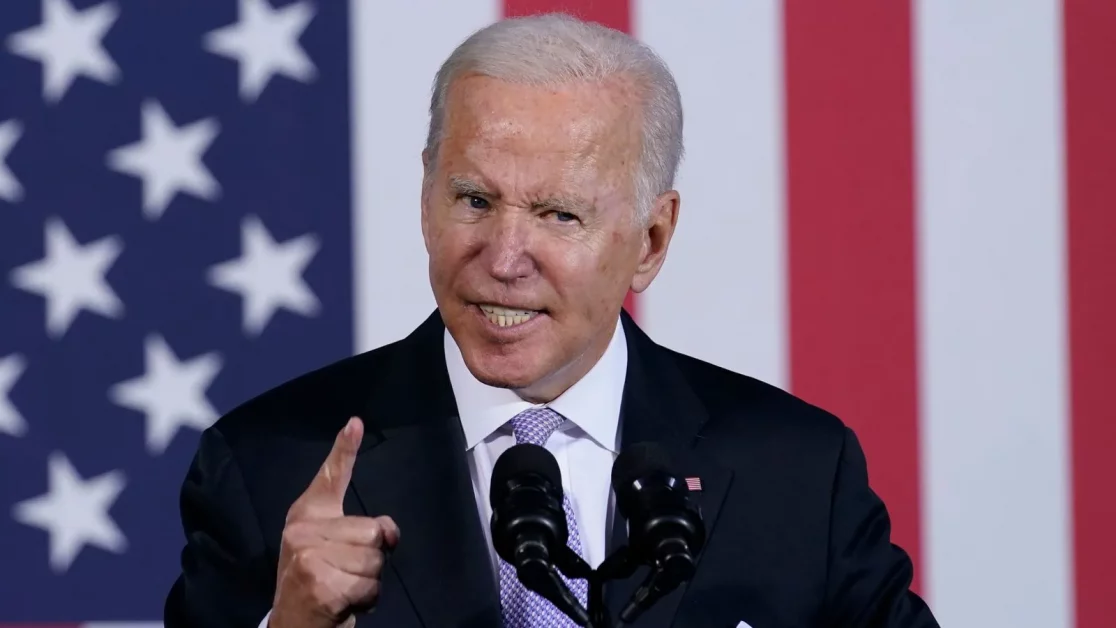
Image: FILE
He added, “I have directed my National Security Council to evaluate the implications of this law on all aspects of U.S. engagement with Uganda, including our ability to safely deliver services under the U.S. President’s Emergency Plan for AIDS Relief (PEPFAR) and other forms of assistance and investments.”
The Ugandan legislation has faced widespread criticism from human rights organizations, the European Union, and other international actors. Advocacy groups argue that the new law not only exacerbates discrimination and violence against the LGBTQ+ community but also undermines the progress made in the fight against HIV/AIDS.
Read also: US Ambassador promises to continue fighting for LGBTQ rights
In response to the law, Secretary-General of Amnesty International, Agnes Callamard, said, “Uganda’s decision to criminalize homosexuality is an affront to human rights and a grave violation of international law. It perpetuates discrimination and puts the lives and well-being of LGBTQ+ individuals at risk.”
The international community continues to closely monitor the situation, emphasizing the importance of protecting human rights and promoting inclusivity and equality for all individuals, regardless of their sexual orientation.
As the discussions unfold, it remains to be seen how the Ugandan government will respond and whether any potential sanctions or restrictions will be implemented.
Subscribe to Switch TV

